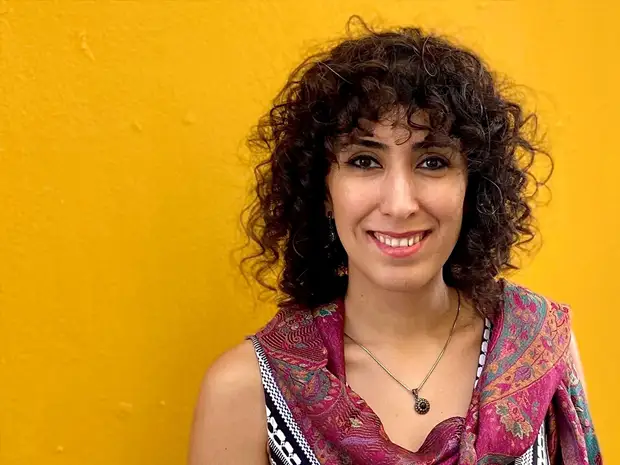The Institute of Fine Arts Faculty

Zohreh Soltani
Assistant Professor; Department of Art History and The Institute of Fine Arts, NYU
Zohreh Soltani is an Assistant Professor of global modern and contemporary architecture and urbanism in the Department of Art History and the Institute of Fine Arts at New York University. Trained as an architect and architectural historian, her research and teaching focus on modern and contemporary architecture and urbanism in West Asia and North Africa, with particular emphasis on how memory, radical political shifts, trauma, and war impact the built environment. Her interdisciplinary research integrates built, visual, and textual media across architecture, urbanism, and art history, bringing non-Western architectural traditions and underrepresented narratives into scholarly discourse. Her scholarly contributions have been recognized through numerous fellowships, including the Diversity Scholar Fellowship at Ithaca College (2018-2019) and the Grabar Travel Grant from the Historians of Islamic Art Association (2020). She has served on the Advisory Board of the Historians of Islamic Art Association (2023-25), as an editor for H-Islamart, and is currently the Quarterly Conversations Co-Organizer for the Society of Architectural Historians' Architectural Studies Affiliate Group.
Her research centers on understanding how architectural and urban spaces function as sites of political discourse, cultural negotiation, and historical reimagination. She challenges traditional archival approaches by employing creative methodologies that integrate design tools with historical inquiry, utilizing alternative archives such as police reports, film, literature, and digital ephemera. Her recent publications, including "Speculative Heritage" in Fabrications (2024) and "(Un)Settled Monument" in the Journal of Planning History (2024), demonstrate how iconic monuments like Tehran's Azadi Tower have been continuously reimagined through social movements and political transformations.
Her first book, tentatively titled Gardening the Revolution, Museumifying the Politics: Public Architecture in Contemporary Tehran, explores the production, transformation, and erasure of public architecture in Tehran after the 1979 Revolution, examining how gardens, museums, and their hybrid forms are strategically mobilized to construct national narratives and mediate tensions between revolutionary ideologies and neoliberal urban development. Her second book project investigates the instrumentalization of redundant buildings as an alternative to destruction across West Asia, scrutinizing how adaptive reuse can function as both preservation and erasure, particularly amidst ethnic conflicts and the marginalization of minority groups.
At NYU, Soltani teaches three undergraduate courses annually in the Department of Art History and one graduate course at the Institute of Fine Arts. Her pedagogical approach integrates historical and theoretical inquiry with design practice, broadening the curriculum to encompass global architectural and urban history from 1700 to the present. Prior to joining NYU, she proudly served at Ithaca College, Syracuse University and Temple University where she developed and taught diverse courses. These included introductory courses to the field of architecture, history of modern architecture, specialized seminars, as well as design studios.

